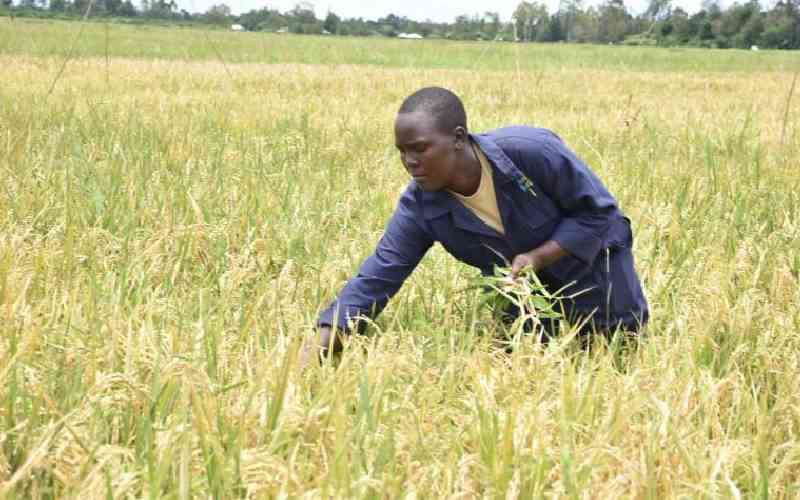The ongoing outbreak of the middle east respiratory syndrome (MERS) in Korea has brought to the forefront the need for a country to be prepared for the deadly disease. The disease is caused by the Middle East Respiratory Syndrome Coronavirus - a virus discovered in 2012 that causes flu like symptoms that may be confused with other respiratory illnesses. Symptoms include fever, cough and shortness of breath. Older patients, those with weakened immune systems and those with chronic diseases such as renal failure, diabetes and the like, are at an increased risk of getting the severe disease.
Transmission
The virus is thought to be transmitted from animals with increased evidence showing that camels are the main reservoirs. The disease was first discovered in the middle east and subsequently there have been several outbreaks in Europe and now the republic of Korea.
The spread from human to human is through close contact with an infected person. This kind of transmission has occurred most frequently in health institutions where the infected go to get medical assistance thus close contact of the infected persons.
The spread from camel to human is not clear although practices such as handling sick camels, eating undercooked meat or unboiled milk from camels increase the risk of infection.
Why should Kenyans be concerned
A study in Kenya in 2014 showed that camels in the northern parts of Kenya had antibodies to the virus that causes MERS. This means that at some point these camels were infected with the virus or a similar virus. Whether or not anyone from these areas has been infected with the virus is unknown due to lack of conclusive studies on the same.
In addition frequent travel to the Middle East by Kenyans might predispose the country to an outbreak. The health infrastructure in Kenya might not also not be prepared for such an outbreak.
What should be done
The WHO does not recommend screening of visitors entering the country from the middle east. However a few measures might be necessary given that the disease might be present in Camels in the country.
Measures should include the following. Investigation of any flu like disease especially in those who work with camels or have traveled from the middle east. Health facilities to take measures to reduce risk of transmission from infected people to health care personnel and hospital visitors.
Researchers should undertake further studies on MERS in the country including whether human beings have been infected recently or in the past and whether camels have symptoms of infections. Advising communities that consume camel products before consuming and wearing protective equipment when working with sick camels is necessary. The health sector should also ensure there is a diagnostic capacity of Kenyan Laboratories to counter the disease, lest they are caught unaware.
 The Standard Group Plc is a
multi-media organization with investments in media platforms spanning newspaper
print operations, television, radio broadcasting, digital and online services. The
Standard Group is recognized as a leading multi-media house in Kenya with a key
influence in matters of national and international interest.
The Standard Group Plc is a
multi-media organization with investments in media platforms spanning newspaper
print operations, television, radio broadcasting, digital and online services. The
Standard Group is recognized as a leading multi-media house in Kenya with a key
influence in matters of national and international interest.
 The Standard Group Plc is a
multi-media organization with investments in media platforms spanning newspaper
print operations, television, radio broadcasting, digital and online services. The
Standard Group is recognized as a leading multi-media house in Kenya with a key
influence in matters of national and international interest.
The Standard Group Plc is a
multi-media organization with investments in media platforms spanning newspaper
print operations, television, radio broadcasting, digital and online services. The
Standard Group is recognized as a leading multi-media house in Kenya with a key
influence in matters of national and international interest.









